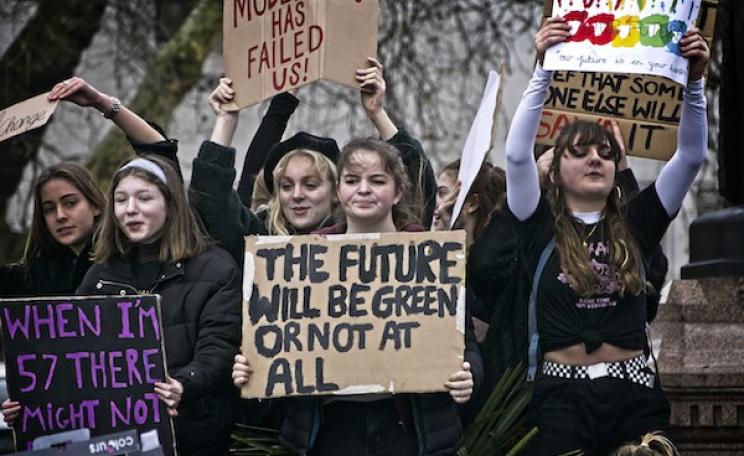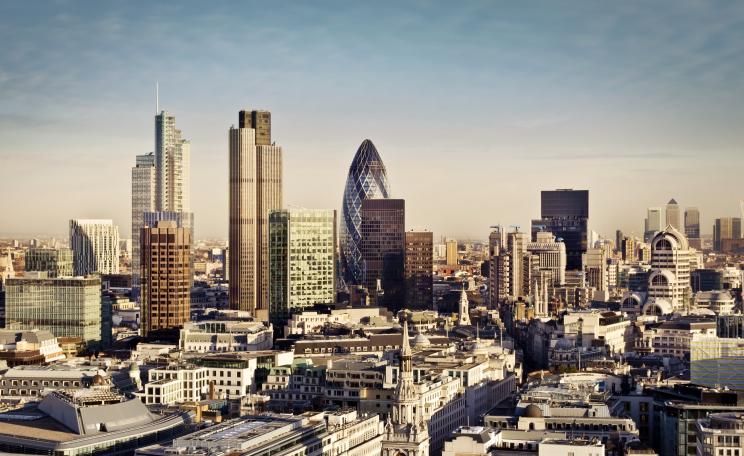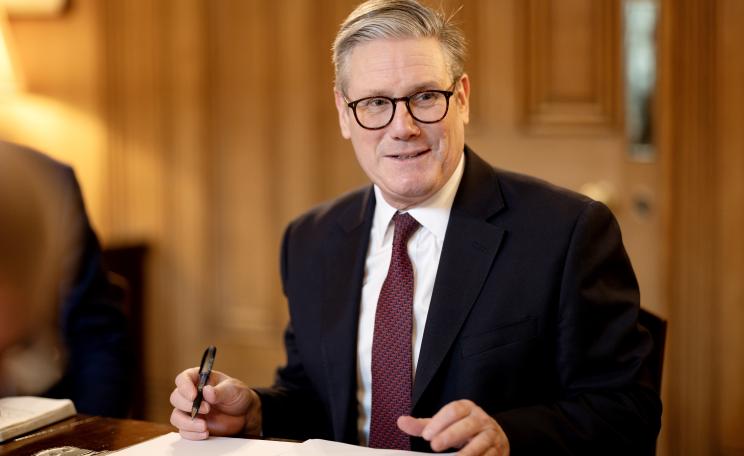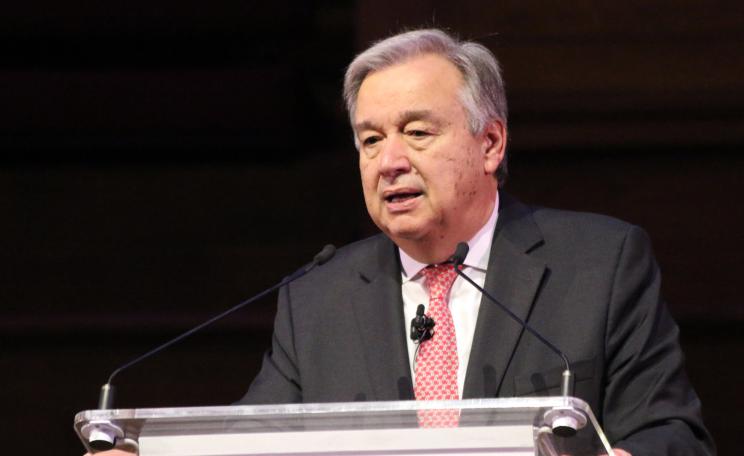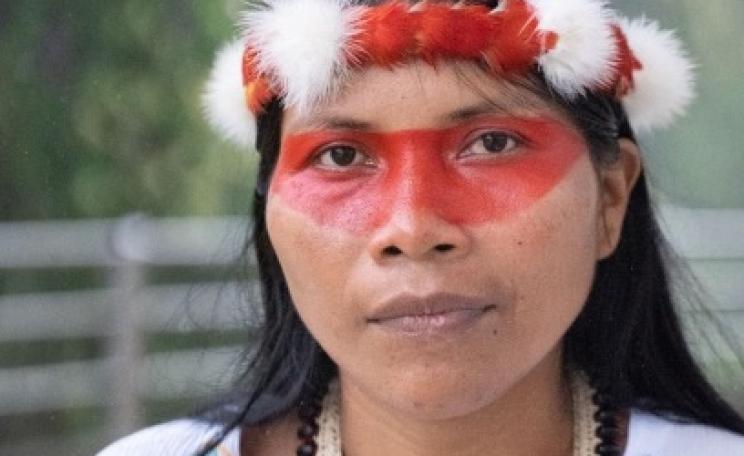Even minimal systemic changes seem to exceed the maximal political implementation capacity.
We all want a good life for our children and grandchildren, good educational and economic opportunities, a life free from violence and, of course, good health and wellbeing.
Indeed, opinion surveys clearly indicate that cultures across the world have these shared value priorities.
READ: THE MEGAMORPHOSIS SERIES
But now uncertainty prevails. What used to be called climate change is now morphing into a multifaceted, global environmental and social emergency, including the global spread of zoonotic diseases.
Ecosystem
Stable food supplies are compromised as healthy soils are eroded and polluted, and pristine rainforest ecosystems are sacrificed to global demands for meat and minerals.
Good health and wellness for those who come after us is ever more difficult to envisage.
In the early days of the Anthropocene, environmental challenges to health were primarily local – with the spread of disease vectors in contaminated water, and lung damage from soot and sulphur dioxide discharge by factory chimneys. In many places these problems persist, with urban traffic pollution a major additional health problem.
But looking at the global picture, it is the combination of carbon dioxide pollution and ecosystem damage that is now critically undermining people’s health and wellbeing.
Wellbeing
We need to look further and understand how our interference with the planet’s water, carbon and nutrient cycles is damaging global stability.
Rainforests, wetlands, savannahs and coral reefs are connected in a vast web of life, powered by the sun.
Nature’s ‘ecosystem services’ are vital to all our lives. Their monetary value, estimated at some US$145 trillion per year, exceeds the value of the entire global economy. But these sorts of figures are nowhere to be seen in the accounts of governments or companies.
With human impacts now manifested across space and time, we are affecting the wellbeing of future generations on an unprecedented scale.
UN, NGOs and beyond
In recent years, faced with a proliferation of global crises, relations between humans and nature have risen up the global agenda.
António Guterres, the UN Secretary-General, called on world leaders to end a "senseless and suicidal war against nature ... I appeal to leaders in all sectors: lead us out of this mess".
Pope Francis went even further: "We are faced not with two separate crises, one environmental and the other social. … Strategies for a solution demand an integrated approach to combating poverty, restoring dignity to the excluded, and at the same time protecting nature."
There is growing high-level awareness that in a victory in our war against nature we will find ourselves on the losing side. But what are the global responses to this crisis?
Even minimal systemic changes seem to exceed the maximal political implementation capacity.
In one way or another, all the recent UN conferences have addressed the deeply problematic relationship between present and future generations. Yet, so far, even minimal systemic changes seem to exceed the maximal political implementation capacity.
Generations
Much useful work has already been done, but institutional blockages have been delaying appropriate action. Decision making is mostly focused on immediate concerns: politicians have their eyes on the next election, and business leaders are fixated by quarterly balance sheets. This kind of short-termism invariably leads to compromised values and ethics.
Another reason why many crucial issues affecting the long-term prospects of humanity have not so far been adequately addressed is the fact that those benefiting most from the status quo are also best able to escape any negative consequences.
Meanwhile it is no longer just low-income countries that are experiencing the worst effects of climate change. Flash floods, forest fires and powerful storms are causing havoc in an ever-wider range of geographies.
What is the state of play in global discussions and negotiations? Recently, in preparation for the UN Summit of the Future, a 60-member UN commission published the ‘Maastricht Principles on the Human Rights of Future Generations’.
The 21-page text summarises existing, binding legal obligations of states and other actors: "The foundations for international law to address the rights of future generations are established in international instruments in an array of subject areas spanning nearly a century; … in the laws, traditions, and cosmologies of indigenous peoples from every continent; and in the doctrine of major faith traditions representing the majority of the world’s people."
Voices
In one way or another all the recent UN conferences have addressed concern about the well-being of future generations. Yet, so far, even minimal systemic changes seem to exceed the maximal political implementation capacity. The world’s many NGOs must surely play a key role in advancing this agenda.
But the primary issue to focus on is surely the fact that, by and large, global resource depletion and pollution are not accounted for in the economic balance sheets of companies and governments, and environmental externalities barely feature in the price of products available on the market.
In a downward spiral of entropy, we are burdening future generations with ever larger unpaid bills that we are not willing to pay.
Humanity has many powerful tools to harness and, indeed, destroy nature as never before, but ethical considerations regarding the consequences of our actions are barely brought in as an afterthought.
Decisions taken today have longer-term impacts than ever before, yet blinkered short-termism prevails. What can we still do to build a comprehensive framework for a ‘futureproof’ world, assuring a firm ecological base for humanity, as well as fairness in the conduct of world affairs?
I’m haunted by the whispered voices of future generations: what have you done? Surely, in the light of new global awareness, we need to find it in ourselves to make a just and comprehensive peace with the future.
This Author
Professor Herbert Girardet is a co-founder of the World Future Council, and a member of The Club of Rome. His most recent book is Creating Regenerative Cities (Routledge). Professor Girardet is also a trustee at the Resurgence Trust, which owns and publishes The Ecologist.


